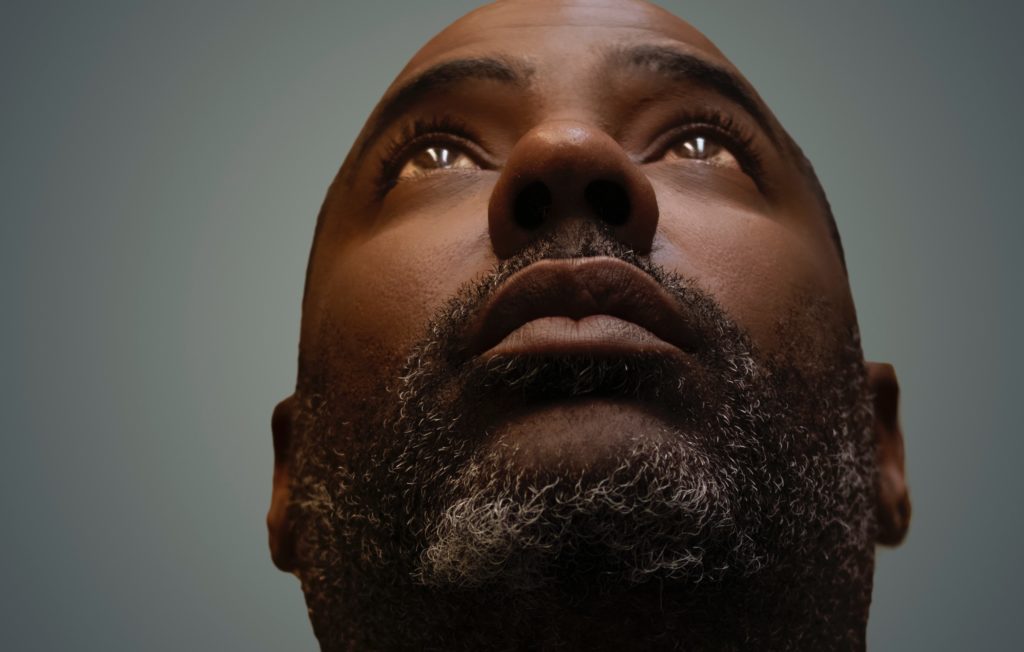Low-carb diets have been infamous and controversial for ages. They require you to restrict or rather eliminate the intake of carbohydrates completely. Now, what are carbohydrates/carbs? In simple words, they are nutrients used by our body to supply energy.
Solutions such as Keto Diet and Atkins Diet pop up every few years claiming drastic fat loss by eliminating carbs from your diet. They work for some and are ineffective for others. Low carb diets could be ideal for weight loss for some but for others, it might just result in mood swings.
Pros for low-carb diets are:
Low-Carb Diets kill your appetite
Low-carb diets kill your appetite in a good way! It is proven by various studies that when an individual goes on a low-carb diet and increases the intake of protein and fat, his/her appetite goes down significantly.
Low-Carb Diets lead to weight loss
Most celebrities swear by low-carb diets as they result in quick weight loss. This is mainly because such diets help lose excess water from the body. As insulin levels decline, your kidneys are put through greater work of shedding excess sodium resulting in rapid weight loss.
Moreover, our bodies use carbohydrates for energy. As we cut back on it, our body is made to use fat to burn calories which results in weight loss.
Triglycerides reduce
Triglycerides are fat molecules found in blood. They are notorious for heart diseases.
As one hops on the low carb bandwagon, his/her triglycerides diminish. This is because, these fat molecules are made from carbohydrates and as our consumption of carbs goes down, they decline alongside it, reducing the risk of heart diseases.
Blood Pressure is lowered
As we restrict the use of carbohydrates, our blood pressure lowers which mind you, is great news. High blood pressure results in complications which include heart diseases, stroke, and kidney failure.
Low-Carb Diets are helpful for brain disorders
Low-carb diets don’t just help you lose weight and look fit but they’re also therapeutic for multiple brain disorders. This might come as a shock to you but our brain also burns glucose and ketones.
Ketones are enzymes which are produced as a result of low carbohydrate intake. A study showed how multiple epileptic children responded better to low-carb diets than the medicines prescribed to them. These children showed a 50% reduction in seizures while 16% of the children became seizure free.
Advertisement
With pros come cons, few of the cons of low-carb diets are:
Not Sustainable
Low-carb diets seem to work for the first few months and once the weight loss slows down or once you hit a plateau, you lose the motivation to keep up with it. This results in you going back to your primitive eating habits and shortly you get back to where you started.
If you’ve witnessed successful weight loss because of this diet, it is better you think of it as a lifestyle as opposed to a diet and stick to it in the long term.
Fatigue
As mentioned above, our bodies work in their own unique ways and no diet works the same for everyone. When some people cut back carbs, they experience fatigue and irritability which is often referred to as the “carb flu”. With that, many people complain of dramatic mood swings and feelings of exhaustion which disrupts their day-to-day chores.
Since one size doesn’t fit all, any particular diet might not work for everyone. It is important when switching to a low carb we monitor what comes as a result of it and stick to our own customized diet. It’s a great option to see a nutritionist for further clarity.
Remember that to lead a healthy lifestyle, we need a balanced diet which includes all nutrients which range from fiber, fats to carbohydrates to vitamins. The most important thing is to be healthy and follow a diet which covers everything desirable in the right amounts, alongside, a proper sleeping schedule and exercise regimen. Eliminating a nutrient might help you lose weight but it isn’t sustainable in the long run. If you have any health-related queries, contact your healthcare provider using a reliable telemedicine platform.







